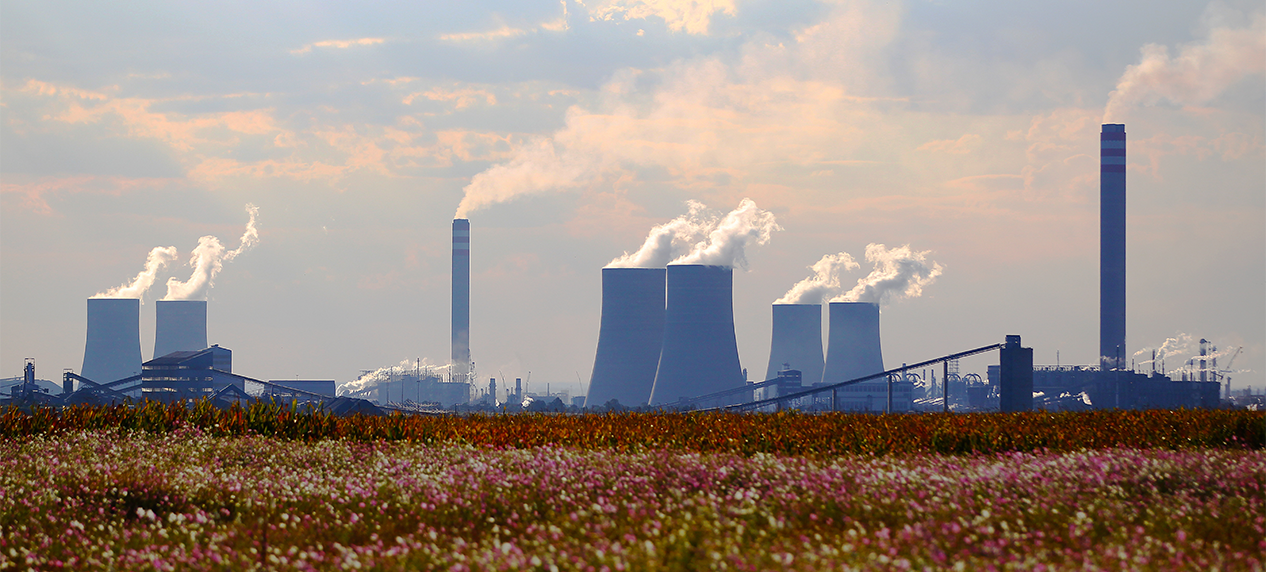Global Risks Report 2025:
A Decade of Challenges Ahead
By Eleanor Momberg

The 20th edition of the Global Risks Report 2025 (GRPS) shows an increasingly fractured global landscape where escalating geopolitical, environmental, societal and technological challenges threaten stability and progress.
The report comprises insights from 900 experts worldwide, analysing global risks through three timeframes. It assists decision-makers to only balance existing crises, but also to set their longer-term priorities.
It identifies state-based armed conflict as the most pressing immediate global risk for 2025.
Misinformation and disinformation remain top short-term risks for the second consecutive year, underlining their persistent threat to societal cohesion and governance by eroding trust and exacerbating divisions within and between nations. Other leading short-term risks include extreme weather events, societal polarisation, cyber-espionage and warfare.
Environmental risks dominate the longer-term outlook, with extreme weather events, biodiversity loss and ecosystem collapse, critical change to Earth systems and natural resources shortages leading the 10-year risk rankings. The fifth environmental risk in the top 10 is pollution, which is also perceived as a leading risk in the short term. Its sixth-place ranking in the short term reflects a growing recognition of the serious health and ecosystem impacts of a wide range of pollutants across air, water and land. Overall, extreme weather events were identified prominently as immediate, short-term and long-term risks.
The long-term landscape up to 2035 is also clouded by technological risks related to misinformation, disinformation and adverse outcomes of AI technologies.
The authors point out that the global outlook at the start of 2025 is increasingly fractured across geopolitical, environmental, societal, economic and technological domains. Besides the expansion and escalation of conflicts, there has been a multitude of extreme weather events amplified by climate change, widespread societal and political polarisation, and continued technological advancements accelerating the spread of false or misleading information.
There is clear concern about the urgent reality linked to the rise in environmental risks in the long term.
The report states that the impacts of environmental risks have worsened in intensity and frequency since the Global Risks Report was launched in 2006. The outlook for environmental risks over the next decade is alarming, says the authors. While the 33 identified risks in the GRPS are expected to worsen in severity from the two-year to the 10-year time horizon, environmental risks present the most significant deterioration.
Extreme weather events are anticipated to become even more of a concern, with this risk being top ranked in the 10-year risk list for the second year running. Biodiversity loss and ecosystem collapse ranks #2 over the 10-year horizon, with a significant deterioration compared to its two-year ranking.
The GRPS shows generational divergence when it comes to risk perceptions related to environmental issues, with younger survey respondents being more concerned about this over the next 10 years than older age groups. Take Pollution, for example, which the under 30s rank as the #3 most severe risk in 2035, the highest of any age group surveyed.
As noted in last year’s Global Risks Report, there is also divergence in how Pollution is ranked by stakeholders, with the public sector placing Pollution as a top 10 risk in the 10-year ranking, but not the private sector.
In its call to immediate action, the GRPS questions whether consensus is possible in a world where deepening divisions and increasing fragmentation are reshaping international relations, and calling into question whether existing structures are equipped to tackle the challenges collectively confronting all peoples.
Levels of global cooperation across many areas of geopolitics and humanitarian issues, economic relations, and environmental, societal and technological challenges may reach new lows in the coming years, the report states, adding that key countries appear to be turning inward, focusing on mounting domestic economic or societal concerns, just when they should be seeking to strengthen multilateral ties to confront shared challenges.
The decade ahead will be pivotal as leaders will be confronted with increasingly complex global risks. But to prevent a downward spiral in which citizens worldwide will be worse off than before, ultimately there is no option other than to find avenues for dialogue and collaboration, the report states.
